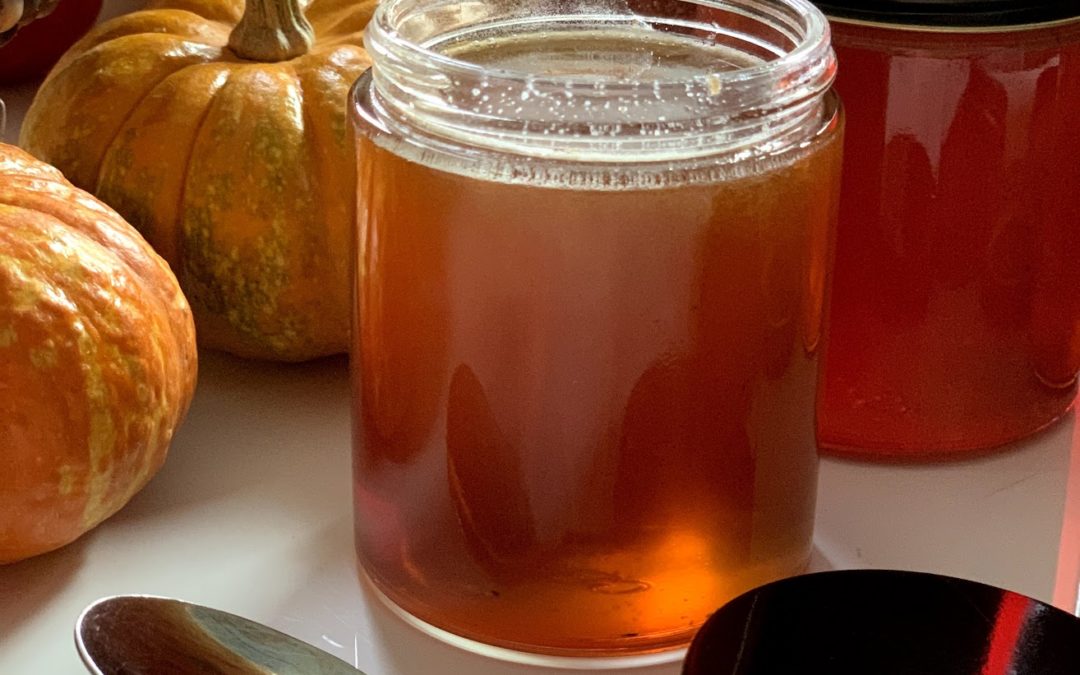Local honey is often touted as a natural remedy for allergies, particularly seasonal allergies caused by pollen. The theory behind this belief is that consuming local honey, which is made by bees from the nectar of local plants, can expose your body to small amounts of pollen. The gradual exposure to these allergens is thought to help desensitize the immune system and reduce allergy symptoms over time.
However, it’s important to note that the scientific evidence supporting the use of local honey for allergies is limited and inconclusive. While some individuals claim to experience relief from their allergy symptoms by consuming local honey, the mechanisms behind this supposed benefit are not well understood.
Here are a few key points to consider:
- Pollen types: Local honey may contain small traces of pollen from local plants, but it may not include the specific pollens that trigger your allergies. Allergies can be caused by a variety of pollens, and the ones that typically cause seasonal allergies, such as grasses and trees, may not be the primary source of nectar for bees in your area.
- Pollen exposure: The amount of pollen in honey is generally quite low, and it may not provide significant exposure to allergens. Allergy symptoms are often triggered by larger amounts of pollen from the air, which can be inhaled or come into contact with your eyes and nose.
- Allergen proteins: The proteins in pollen that cause allergic reactions are often different from the proteins found in honey. The heating and processing of honey during production may also affect the allergenic properties of pollen.
- Placebo effect: It’s important to consider the possibility of a placebo effect when evaluating the perceived benefits of local honey for allergies. Believing that a remedy will work can sometimes lead to a reduction in symptoms, even if the remedy itself doesn’t have a direct physiological effect.
In summary, while some people claim that consuming local honey helps alleviate their allergy symptoms, the scientific evidence supporting this claim is limited. It’s always best to consult with a healthcare professional for advice on managing allergies and to explore evidence-based treatments such as antihistamines or immunotherapy.

